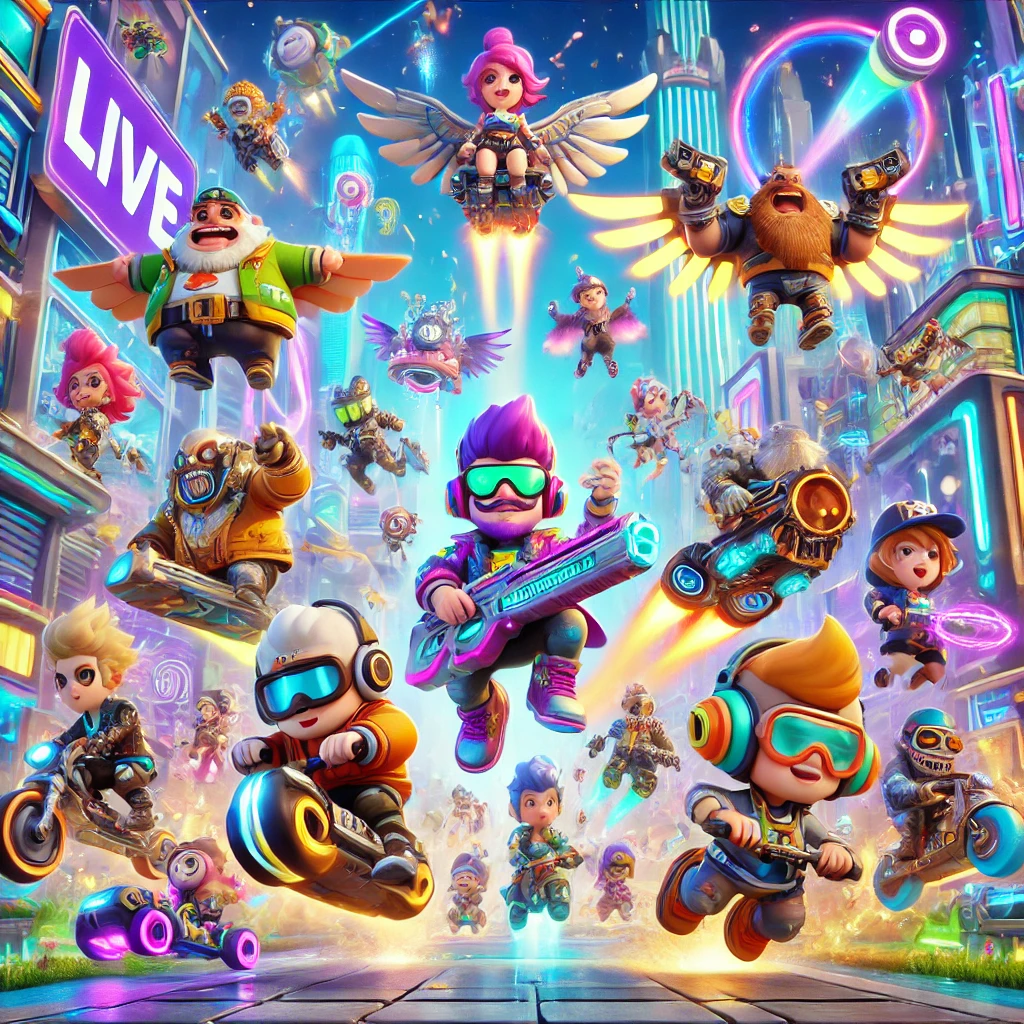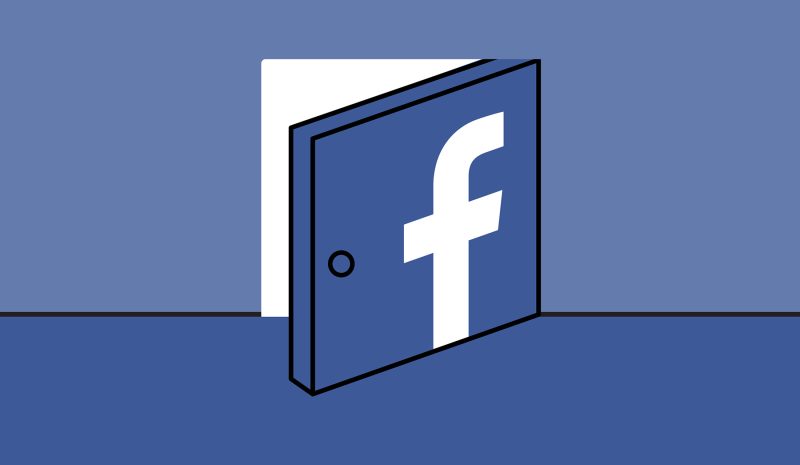Table of Contents Show
It’s the social network that began as nothing more than a university project by Mark Zuckerberg, yet it has continued to grow with popularity ever since. This is also matched by the share price which has also accelerated from its initial flotation price of around $20 to a whopping $120 today. A variety of studies have attempted to answer the following question, which is;Â would your life be better without Facebook? It’s certainly a bold question to ask, but valid never the less. This article attempts to help answer this very question.
Facebook probably isn’t quite as popular as it’s made out to be
Facebook has attracted around 1.6 billion user’s to-date, a sum that appears to continue rising, year-by-year. Of course, this amount doesn’t discount those âfake accounts’, and it’s difficult to estimate how many rouge profiles actually exist. There are a variety of factors that encourage the creation of such profiles, after all, Facebook fan pages can quickly appear busy with the use of accounts that are actually being operated by one person. Complex robotic systems are also in use creating many fake profile accounts in order to accomplish profiteering. Therefore, the actual amount of users could be vastly over-estimated. Astonishingly, it was revealed that many real users create an account for their pet or pets. This, of course, would bloat the number of real users.
-
Facebook’s War Continues Against Fake Profiles and Bots – news (2015).
Facebook might encourage the development of narcissistic traits
Having a tool that helps to encourage people to become self-obsessed is sure to be an instant hit with a true narcissist. However, could it encourage those who didn’t have such a trait to actually develop one? According to research, it’s a strong possibility. Personalities can change based on environmental factors, and Facebook is one of those. The LIKE button is obviously a major reason for this possibility. Yet, it seems fair to say that this isn’t just being encouraged by Facebook alone, social media as a whole has created the perfect opportunity to become self-obsessed â and yes, the word selfie is probably a fine example.
- Christopher Carpenter of Western Illinois University Facebook – study (2012).
- The journal Cyberpsychology, Behavior and Social Networking – study (2010).
- Misery Has More Company Than People Think – study (2011).
- Social Networking’s Good and Bad Impacts on Kids – study (2011).
One Research Study concluded that People might be Happier without Facebook
A study including 1000s of Swedish Facebook users, which was conducted back in 2012, claimed that it’s easy to get hooked without realising and that “We brag, provoke, and mainly write about positive events”. Of course, this study represents a socialist country which has different values and attitudes from others, however, plenty of negativity was the overall outcome.
-  University of Gothenburg Facebook – study (2012).
Facebook might promote depression and social anxiety
Research studies into the social network seem to indicate that Facebook doesn’t have a positive outcome for the average person. The pressure is there to be on such a network because others you know are, this probably makes sense, right? If your friend has taken that amazing photo and has attracted 100s of likes, does that leave you feeling happy or sad? This might depend on your personality. However, if you status update or photo didn’t attract the same attention, this is when you might suddenly feel disappointed â at least that’s what certain studies indicate.
- How Facebook Usage is Linked to Depressive Symptoms  – study (2014).
-
Facebook’s emotional consequences: Why Facebook causes a decrease in mood and why people still use it -Â study (2014).
Most Facebook Friends are unlikely to be your actual friends
It’s rare that you come across a user with a few friends. Many have 100s, some even have 1000s. However, it’s more-or-less impossible to have such a number in reality. Whilst it can be nice to see what your friends from school have been doing recently, they can’t really be classed as your friend.
-
Do online social media cut through the constraints that limit the size of offline social networks? - study (2013).
Facebook has conducted social experiments on its users without them knowing
Terms and conditions are boring, they’re rarely read by individuals who sign-up to a new service â and it’s this very reason that allows such shocking activities to happen. Facebook admitted to secret psychological tests on approximately 700,000 users back in 2012. Whilst this might appear worrying to many, it’s totally legal, all thanks to the terms and conditions that you probably never bothered to read. It’s quite likely that the company regularly conducts such actives in different ways â after all, it’s free for a reason. This known study by Facebook was designed to examine weather negative or positive words would result in users acting in a positive or negative manner. In other words, emotions were manipulated to see if an outcome happened as a result.
Facebook could crash as quickly as it actually became popular
Google has attempted to provide a quality alternative, and whilst it’s had a small amount of success, it hasn’t achieved any real status when compared to the giant, Facebook. With technology progressing at a speedy pace, Facebook is attempting to remain the leader within the social media sector. Take for example; WhatsApp and Oculus Rift. Facebook is at a point where they can literally buy-out the majority of competitors, eliminating the competition. Of course, big players such as Google are currently the biggest threat to Facebook.
One mathematician has concluded that Facebook will fall as quickly as it raised to success.
If Facebook was to suddenly lose users like an unseen plague, then this could mean many of your photos, details, etc. could one day be lost (unless backed up). Certainly, at this point in time, it seems forbidden that Facebook could ever lose many of its users in this manner. However, predicting changes into the near future are hard, especially in the world of technology, and it’s something to consider.
You could lose your Job if an Employer checks over your Profile
Many of us do things that are wrong and a little naughty, it’s certainly normal and simply human nature. Yet, an overzealous employer might not see things quite the same. Those Friday night pictures that you were tagged in, well, you see where I’m going here. Sadly, whilst this probably shouldn’t have anything to do with your employer, there has been many cases where people have lost their job over such incidents. What’s more, according to reports, even if your profile is set to private, that doesn’t stop employers having the ability to see important things.
- Employers Can Find Your Facebook Profile Even If It Is Set To Private – news (2015)
- 17 People Who Were Fired For Using Facebook – article (2011)
Europe doesn’t seem to like Facebook
Wondering a little off-topic, but something that’s worth noting. If you’re from an EU. country, then you’re probably aware that Facebook hasn’t been paying its way â so to speak. Ultimately, the EU could introduce tough sanctions against Facebook, (dependent on the TTIP agreement details or outcome), and this could be a huge blow for the social network, and the US. market alone wouldn’t be enough for the network to expand. Whilst the EU can be quite petty with certain sanctions, you can probably see why they have worries about citizen privacy rights.
. Facebook respects European privacy, skips facial recognition – news (2016).
. Facebook pays less tax than Britain’s average worker – news (2016).
. Facebook Shakes hands with HMRC over new Tax Deal – news (2016).
Social media as a whole comes with many benefits, yet it’s important to remember the downsides, too. Peer pressure can overtake what we might otherwise actually do. What’s your opinion? Are you a huge fan of Facebook, or do you take the opposite approach? Be sure to leave your comments in the box below.









